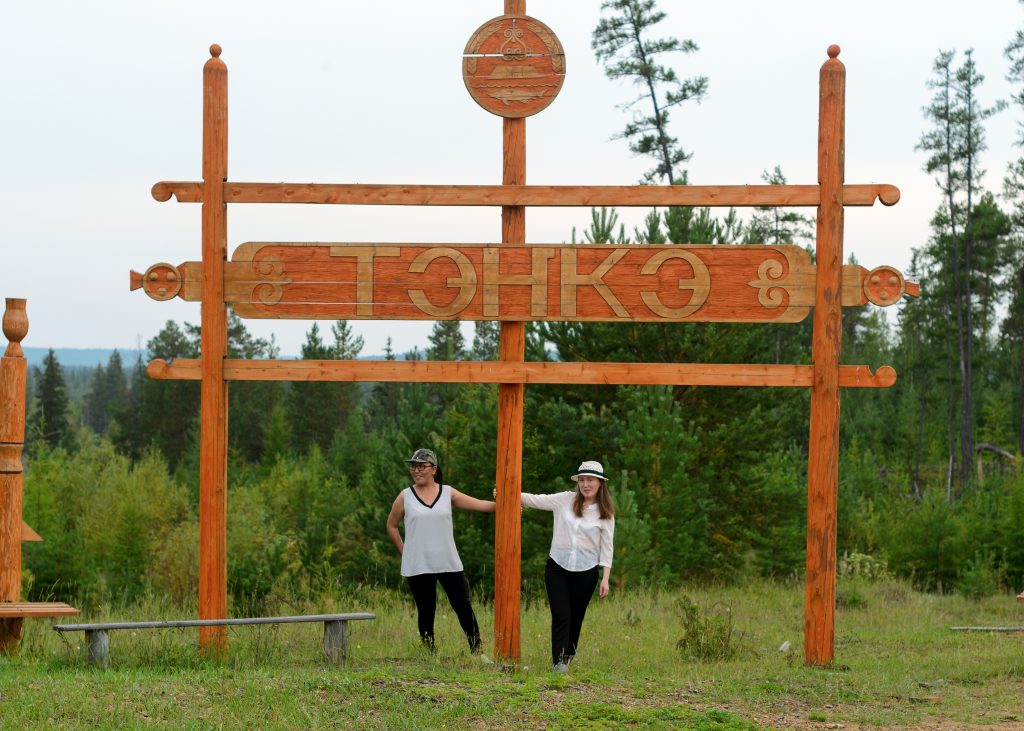The Federal Institute of Native Languages of the Peoples of the Russian Federation has announced an initiative to develop educational materials and revitalize indigenous languages in the Siberian republic of Yakutia, many of which have low populations of native speakers. According to a report from TASS Russian News Agency, many children in Yakutia learn an indigenous language before entering primary school, but do not maintain these linguistic skills through to adulthood due to a shortage of teachers that speak these languages.
“The problem is, we do not have training programs for teachers and tutors to learn to speak those languages,” said Natalia Sitnikova, a representative from the institute spearheading the project, in an interview with TASS. “There is a shortage of primary school teachers who speak the languages of [Yakutia]. Our goal is to have teachers and tutors speak and teach native languages.”
The official languages of Yakutia are Russian and Yakut, a Turkic language spoken by nearly half a million people (it’s classified as a vulnerable language by the Endangered Languages Project). However, Yakutia, along with many other regions throughout Siberia, is home to a wide range of Indigenous languages that are much less widely spoken, such as the Evenki and Even languages—the latter of which is classified as severely endangered. According to a 2005 report in the International Journal of the Sociology of Language, drastic revitalization efforts are necessary for the long-term survival of Evenki, which is one of the larger minority languages spoken in the region.
It seems that Russia’s Federal Institute of Native Languages is looking to undertake such drastic efforts, with an initial project set to launch this year. The current project will consist of various digital training programs and interactive resources for teachers to use in the classroom. According to TASS, only 40 schools in regions with high indigenous populations are currently equipped to teach students in languages other than Russian or Yakut. During the Soviet era, many indigenous people primarily learned Russian in school—according to Sitnikova, this has led to a generation of parents not speaking these indigenous languages despite wanting their children to learn them.
“This aspect has been ignored, and we still can see only Russian and Yakut languages as teaching media in many schools,” she told TASS. “Schools where most students study in native languages are very rare.”






